
Being the husband of an awesome wife, who happens to be a forensic scientist and a former crime scene investigator, comes with advantages and disadvantages.
THE ADVANTAGE: Her research, work and stories are fascinating! To hear about the role forensic science plays in solving everyday crimes keep me on the edge of my seat.
THE DISADVANTAGE: Being married to an actual crime scene investigator means I can’t get away with ANYTHING.
I love cookie butter, probably too much, but that is beside the point. One evening, I tried to sneak an extra helping of cookie batter. The next day, my wife asked me, “Did you eat cookie batter?“ When I hesitated, she said, ‘You don’t have to answer because I already know. I see your cookie batter fingerprint on the refrigerator!” See, I can’t get away with ANYTHING!
The Fingerprint
Following this event, we had an interesting discussion about the nature of a fingerprint. There are two attributes of a fingerprint I learned from our conversation:
1. A fingerprint pattern NEVER CHANGES: Although they grow as your hand becomes larger, the basic pattern never changes.
2. No two patterns are the same: Even with identical twins, although they share the same parents, and sometimes the same face, their fingerprints identify their individuality.
Fingerprints are special. They can identify a person’s unique contribution to an event. In the world of crime scenes, a fingerprint can identify a perpetrator. But what about in the world of team building, vision and execution?
If people can see their fingerprints in the process, they can move from doers of the vision to OWNERS of the vision.
Create Collective Vision: The 5 Steps
If people can see their fingerprints in the process, they can move from doers of the vision to OWNERS the Vision.
While you may not go faster with Collective Vision, you will go further, and ultimately accomplish more because there are more people working through it. Here are 5 steps when considering creating a culture where collective vision can thrive.
Step 1: Make “who lists”
Who are the culture and vision carriers on your team? Who on your team has influence (even if they don’t have formal authority)? Whose perspective is different from yours? Who challenges you? Think about these questions and choose a few people to expand what you created. Whether you are leading staff or volunteers, you can create this type of process.
Step 2: Create space
Cast a big vision and allow it to be expanded. Create a forum to receive feedback. From your “Who list,” determine which team members gain energy around certain aspects of the vision. They could be key carriers.
Step 3: Add the fingerprint
This is a crucial step. What you learned in step 2, put into action. Stretch the vision so that your key team member’s fingerprints are on it even if it means removing some of your own. This is how your team will see their unique contribution. Don’t just throw ideas on the board and not take them into consideration. If there are ideas that don’t make it, be prepared to explain why.
Step 4: Delegate responsibility over assignments
Give your team ownership of the strategy not just the task. Let them know that part of being a vision creator is to think through how to bring the idea to fruition. Give ownership of the process and the problems. Remember, owners figure it out.
Step 5: Develop a cadence of accountability
Figure out a rhythm to keep the project on track. Be encouraging and hold the team to what they promised. Remember, they are owners.
Collective Vision is a pathway to vision ownership. Having the opportunity to speak into the process and see their unique contribution will give your team a new fire when problems come. When you own the vision, you don’t fold in tough times, you fight.
When you own the vision, you don’t fold in tough times, you fight.
Collective Vision allows the vision to go beyond its original leader because the vision is never just about that leader. It is about the people who take the time to create something significant. Their fingerprints will be the evidence that they played a part in it.
Create the vision, add the fingerprints, let your team fly and be surprised by the results.


 Honestly, the credit should go to the Rev. Dr. Clay Smith from Alice Drive Baptist Church, who decided to host the GLS and use it as a platform of unity, inviting leaders from all walks of life and industries, including our hospital, re-stating the popular Summit saying, “Everyone wins when a leader gets better.” Dr. Smith awakened the wonder in the hearts and minds of our community to see what could happen if leaders at all levels from all across the community could come together to learn and grow. As a result, the Summit is uniting people and changing our city!
Honestly, the credit should go to the Rev. Dr. Clay Smith from Alice Drive Baptist Church, who decided to host the GLS and use it as a platform of unity, inviting leaders from all walks of life and industries, including our hospital, re-stating the popular Summit saying, “Everyone wins when a leader gets better.” Dr. Smith awakened the wonder in the hearts and minds of our community to see what could happen if leaders at all levels from all across the community could come together to learn and grow. As a result, the Summit is uniting people and changing our city!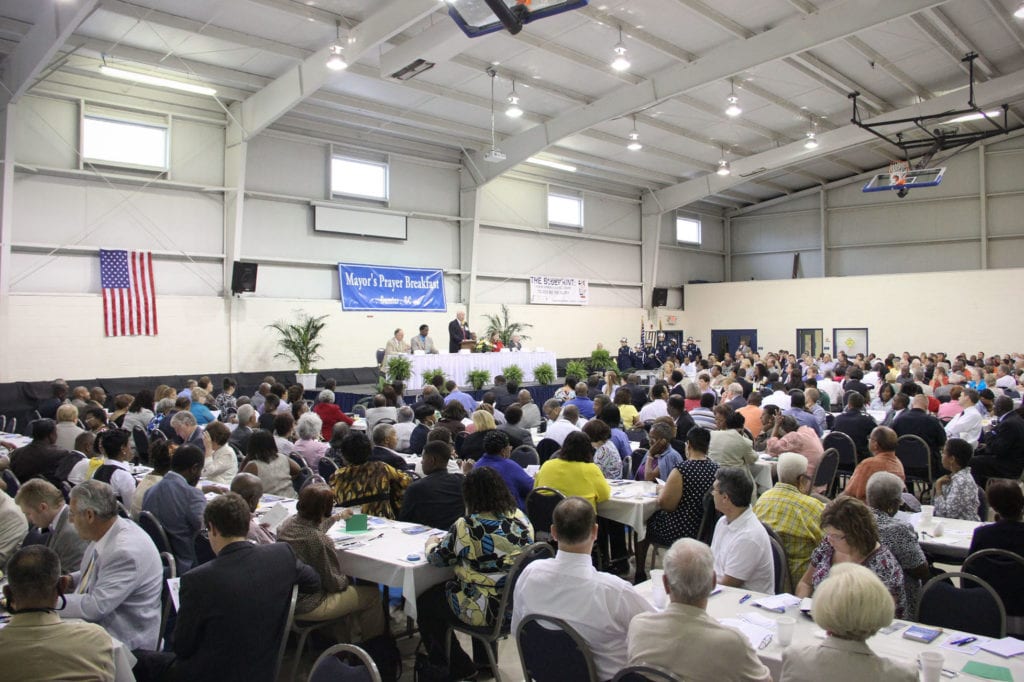 One of the things I noticed was that our community is still significantly divided by race and economics. We have two rather large churches in town—one predominantly white, one predominantly black—that have hosted the prayer breakfast every other year. If the breakfast was held at the African-American church, the event was attended mostly by African Americans. When the event was held at the “white” church, the participants were mostly whites. Don’t get me wrong, there was a mixture of people who attended from across the community regardless of the location, but the venue definitely changed the perception of the event.
One of the things I noticed was that our community is still significantly divided by race and economics. We have two rather large churches in town—one predominantly white, one predominantly black—that have hosted the prayer breakfast every other year. If the breakfast was held at the African-American church, the event was attended mostly by African Americans. When the event was held at the “white” church, the participants were mostly whites. Don’t get me wrong, there was a mixture of people who attended from across the community regardless of the location, but the venue definitely changed the perception of the event.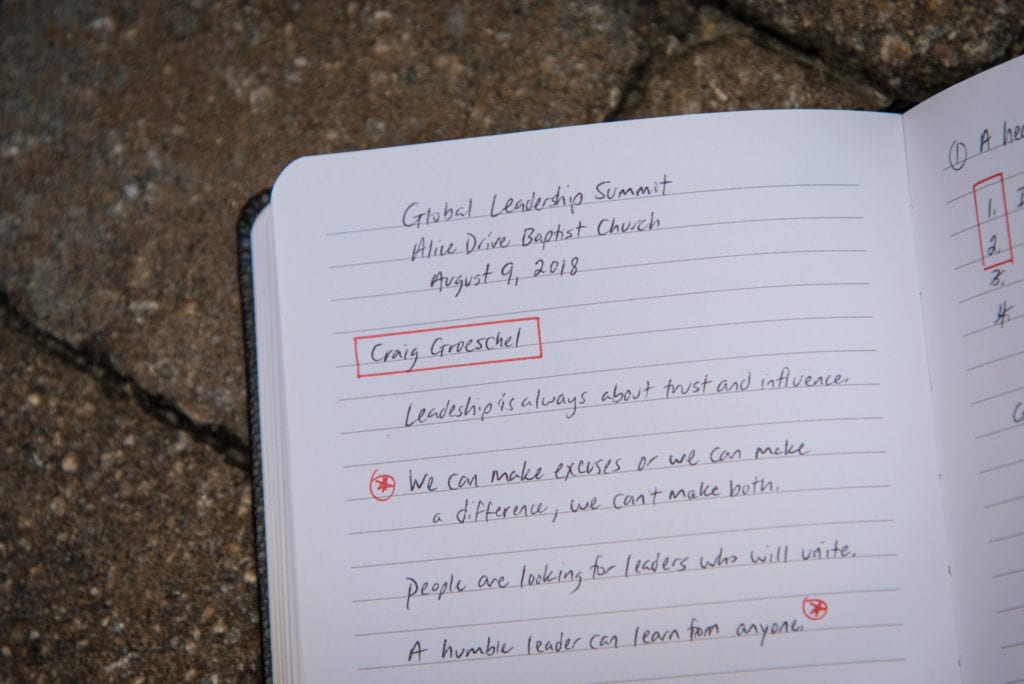 I waited for God’s leading. And then God opened a door for me to preach again! My family and I took next steps to love and serve those at Bible Fellowship Church during a season of pain and grief at the loss of their former pastor. Almost 10 months later, we are still there!
I waited for God’s leading. And then God opened a door for me to preach again! My family and I took next steps to love and serve those at Bible Fellowship Church during a season of pain and grief at the loss of their former pastor. Almost 10 months later, we are still there!
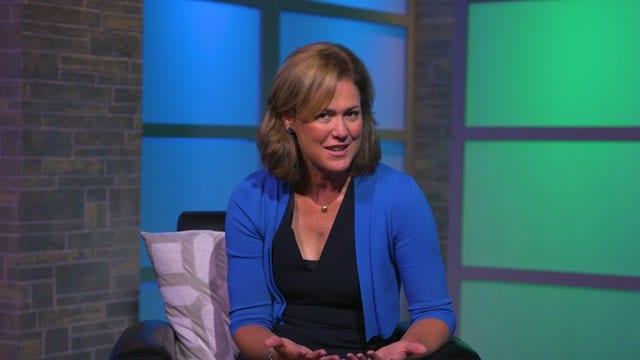

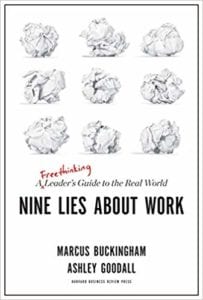
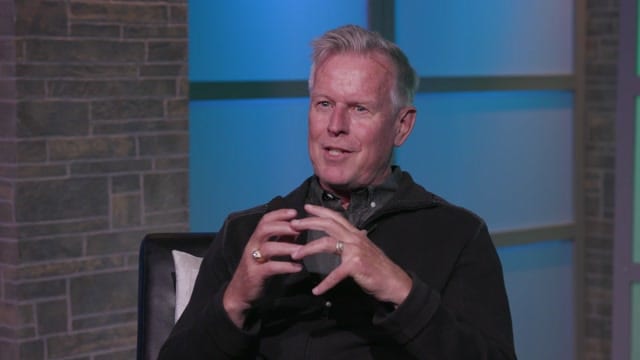

 With inspiration from
With inspiration from 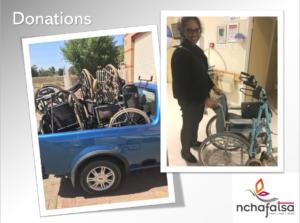

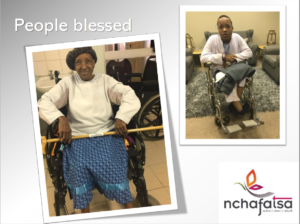
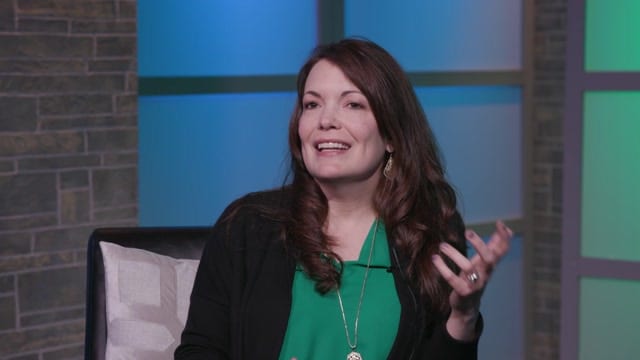
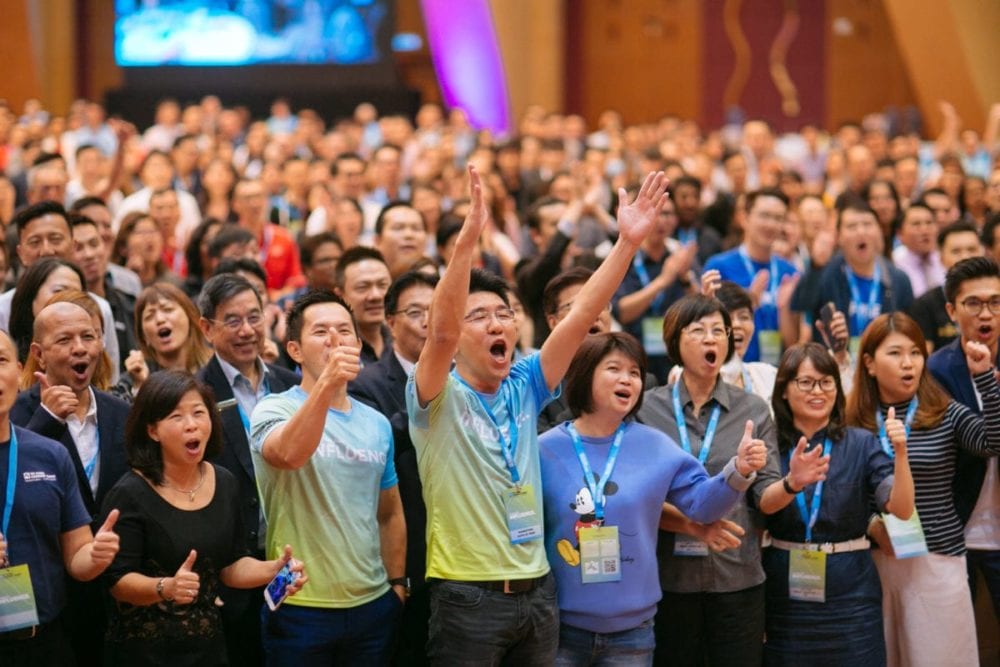
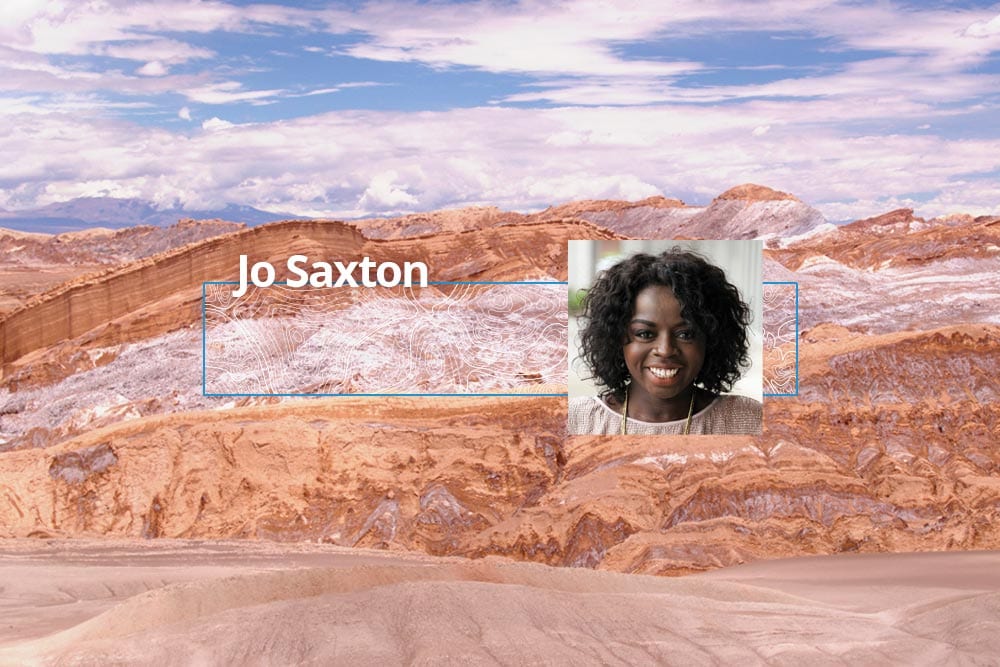

Recent Comments